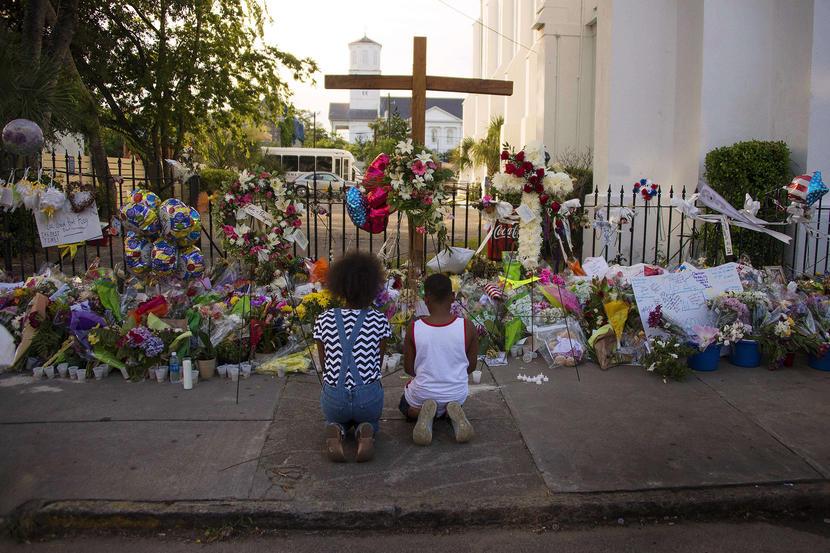An Unconventional Decision: Dylann Roof to Represent Himself in Court
December 5, 2016
On November 28, the courts revealed that Dylann Roof will forgo the aid of nationally renowned death penalty lawyer David Bruck in order to represent himself in federal court. Roof faces thirty three federal counts, including hate crimes and murder charges, stemming from his murder of nine black churchgoers as they attended Bible study in the Emanuel AME church in downtown Charleston. Roof now faces the death penalty for these crimes.
This decision will allow Roof to cross examine witnesses, survivors, and family members of those affected by his actions. While many of the victims families have publicly forgiven Roof for the murders, the experience of being questioned by Roof will undoubtedly be traumatic.
Self-representation will also provide Roof with additional publicity for both his case and his “alt-right” beliefs. The Emanuel AME church has a long history within the African American Civil Rights movement, and Roof’s choice of this historical landmark was anything but coincidental. He carried out his crimes methodically, praying with churchgoers before shooting nine of them dead, and later confessed to authorities that he wished to start a race war with his actions.
Most commonly, defendants choose to represent themselves for financial reasons, or because they believe that their case is simple and therefore does not require a lawyer. While high powered attorney David Bruck appeared in headlines surrounding the Charleston massacre case, Bruck did not disclose whether the case was pro bono, and two public defenders also appeared on Roof’s council. As a high school dropout, Roof is unlikely to have the capacity to successfully defend his case, which creates some speculation around his motivation.
By allowing him to represent himself, the Federal courts essentially give Roof the opportunity to promote his racist ideals to a national audience. While freedom of speech is a cornerstone of Americanism, this potential entertainment of hate speech serves as a metaphorical slap in the face for the black community. While in jail, Roof has continued to produce racist manifestos, in which he plays into racist stereotypes and displays a passionate hatred for minorities. Given that these racist ideals motivated his attack, Roof will undoubtedly be given the opportunity to expand upon his inflammatory platform in court.
*Update: On December 4th, the Post and Courier published a hand-written note produced by Roof where he requested that the federeal judge presiding on his case allow his lawyers to defend him for only the “guilt phase”, as he wishes to represent himself for sentencing. This would allow Roof to control what evidence is presented on his behalf when jurors decide between the death penalty and life in prison.

